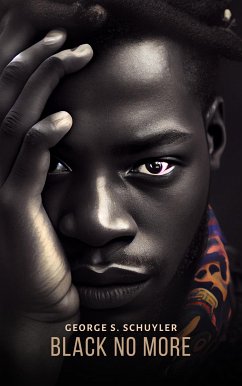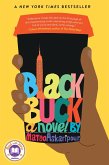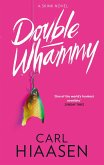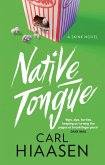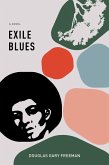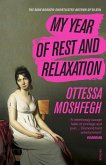George S. Schuyler's novel Black No More is a satirical exploration of the implications of racial passing in early 20th century America. Through a combination of Americana, vernacular expression and satire, Schuyler offers an insightful critique on the social construct of race in the United States and its impact on individuals who sought to transcend their assigned racial identity.
Dieser Download kann aus rechtlichen Gründen nur mit Rechnungsadresse in A, B, BG, CY, CZ, D, DK, EW, E, FIN, F, GR, HR, H, IRL, I, LT, L, LR, M, NL, PL, P, R, S, SLO, SK ausgeliefert werden.

